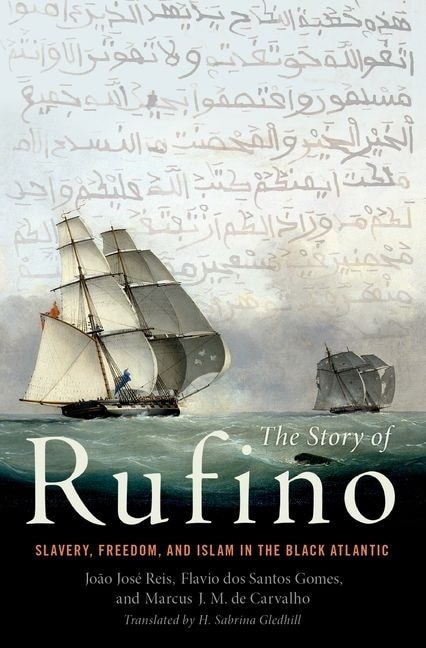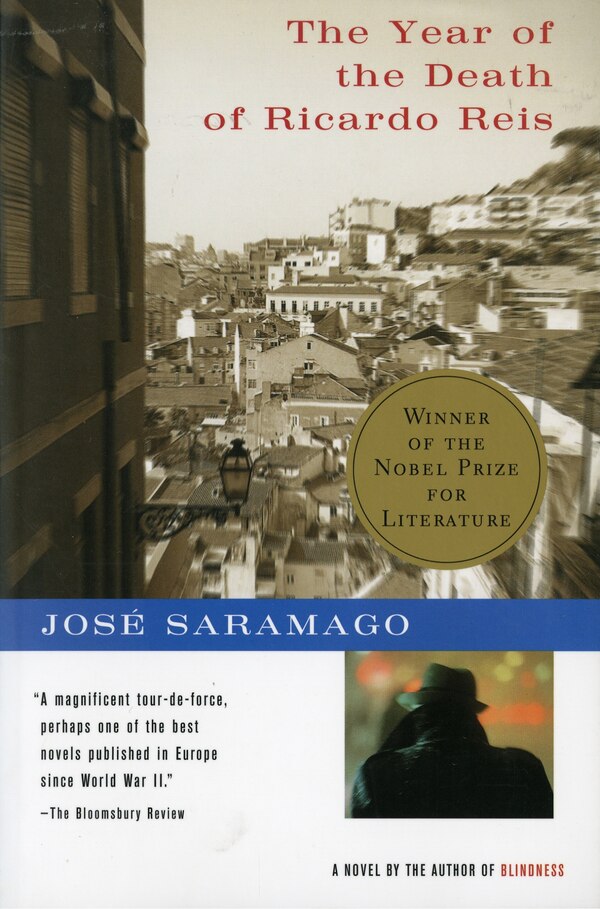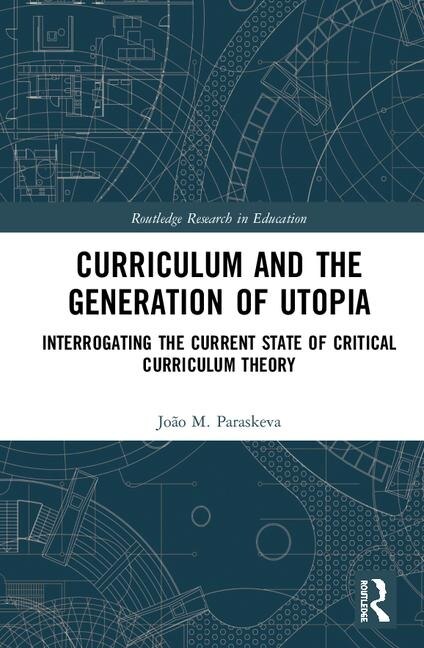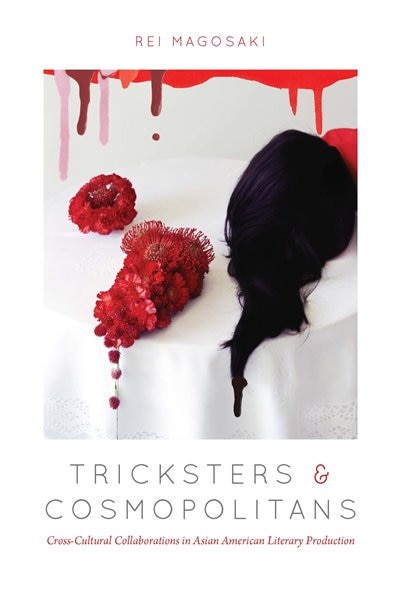
Gifting Made Simple
Give the Gift of ChoiceClick below to purchase a Bramalea City Centre eGift Card that can be used at participating retailers at Bramalea City Centre.Purchase HereHome
The Story of Rufino by Joao Jose Reis, Hardcover | Indigo Chapters
Coles
Loading Inventory...
The Story of Rufino by Joao Jose Reis, Hardcover | Indigo Chapters in Brampton, ON
From Joao Jose Reis
Current price: $60.22

Coles
The Story of Rufino by Joao Jose Reis, Hardcover | Indigo Chapters in Brampton, ON
From Joao Jose Reis
Current price: $60.22
Loading Inventory...
Size: 1 x 9.25 x 600
*Product information may vary - to confirm product availability, pricing, and additional information please contact Coles
A finalist for the Brazilian Book Award and winner of the Casa de las America Prize for Brazilian Literature, The Story of Rufino: Slavery, Freedom, and Islam in the Black Atlantic reconstructs the lively biography of Rufino Jose Maria, set against the historical context of Brazil and Africain the nineteenth century. This book narrates the life of a Yoruba Muslim named Rufino Jose Maria, born in the kingdom of Oyo, in present-day Nigeria. Enslaved as an adolescent by a rival ethnic group, he was acquired by Brazilian slave traffickers and taken across the Atlantic. He spent eight years as a slave in the city ofSalvador, in the northeast of Brazil, where he arrived in 1823. Rufino was later sold to the southernmost province of Rio Grande do Sul, where he became the slave of the local chief of police. Five years later, in 1835, he bought his freedom with money he saved as a hired-out slave in the streets ofSalvador, in Bahia, and Porto Alegre, in Rio Grande do Sul. A few years later Rufino moved to Rio de Janeiro, where he embarked as a cook on a slave ship bound for Luanda. The trans-Atlantic slave trade had been abolished in Brazil since 1831, but it continued unabated due to official tolerance, but it came under fierce repression by British cruisersespecially after 1839. Rufino made a few voyages between Luanda and the northeastern province of Pernambuco before his ship was captured by the British and taken to Sierra Leone in 1841. Here the ship would face trial by the Anglo-Brazilian Mixed Commission Against the Slave Trade. While waiting forthe court's decision, Rufino lived among Yoruba Muslims, his people, and attended Quranic and Arabic classes in the outskirts of Freetown. In a rare outcome for cases such as this one, his ship was considered a bad prize and returned to Pernambuco with Rufino on board, again as a cook. After a few months in Recife, Pernambuco's capital, Rufino returned to Sierra Leone as a witness in a court case started by his employers against the English government. He attended classes with Muslim masters for close to two years. When he went back to Recife via Rio de Janeiro and Bahia in 1844, he established himself as a diviner-serving whites and blacks, free and slaves, Brazilians and Africans, Muslim and non-Muslims-as well as a spiritual leader, an Alufa, in the local Afro-Muslim community. In 1853 Rufino was arrested in Recife due to rumors of an imminent African slave revolt. Thepolice used as evidence for his arrest the large number of manuscript books and other writings in his possession, all in Arabic, the same kind of material the Bahian police had found with Muslim rebels in Bahia thirty years earlier. During his interrogation, Rufino told his life story, which is usedto reconstruct the world in which he lived under slavery in Brazil, on African shores, on board slave ships, and in Recife, where he settled. A truly Atlantic history dug out of the archives, Rufino's life is used to shed light on slavery and the slave trade, manumission, the complexities of slavery and freedom in Brazil, African freed persons, and the resilience of ethnic and religious identities. Methodologically, it combines social andcultural history with microhistory, with key academic themes of identity, creolization, African diaspora, and Atlantic history. | The Story of Rufino by Joao Jose Reis, Hardcover | Indigo Chapters
A finalist for the Brazilian Book Award and winner of the Casa de las America Prize for Brazilian Literature, The Story of Rufino: Slavery, Freedom, and Islam in the Black Atlantic reconstructs the lively biography of Rufino Jose Maria, set against the historical context of Brazil and Africain the nineteenth century. This book narrates the life of a Yoruba Muslim named Rufino Jose Maria, born in the kingdom of Oyo, in present-day Nigeria. Enslaved as an adolescent by a rival ethnic group, he was acquired by Brazilian slave traffickers and taken across the Atlantic. He spent eight years as a slave in the city ofSalvador, in the northeast of Brazil, where he arrived in 1823. Rufino was later sold to the southernmost province of Rio Grande do Sul, where he became the slave of the local chief of police. Five years later, in 1835, he bought his freedom with money he saved as a hired-out slave in the streets ofSalvador, in Bahia, and Porto Alegre, in Rio Grande do Sul. A few years later Rufino moved to Rio de Janeiro, where he embarked as a cook on a slave ship bound for Luanda. The trans-Atlantic slave trade had been abolished in Brazil since 1831, but it continued unabated due to official tolerance, but it came under fierce repression by British cruisersespecially after 1839. Rufino made a few voyages between Luanda and the northeastern province of Pernambuco before his ship was captured by the British and taken to Sierra Leone in 1841. Here the ship would face trial by the Anglo-Brazilian Mixed Commission Against the Slave Trade. While waiting forthe court's decision, Rufino lived among Yoruba Muslims, his people, and attended Quranic and Arabic classes in the outskirts of Freetown. In a rare outcome for cases such as this one, his ship was considered a bad prize and returned to Pernambuco with Rufino on board, again as a cook. After a few months in Recife, Pernambuco's capital, Rufino returned to Sierra Leone as a witness in a court case started by his employers against the English government. He attended classes with Muslim masters for close to two years. When he went back to Recife via Rio de Janeiro and Bahia in 1844, he established himself as a diviner-serving whites and blacks, free and slaves, Brazilians and Africans, Muslim and non-Muslims-as well as a spiritual leader, an Alufa, in the local Afro-Muslim community. In 1853 Rufino was arrested in Recife due to rumors of an imminent African slave revolt. Thepolice used as evidence for his arrest the large number of manuscript books and other writings in his possession, all in Arabic, the same kind of material the Bahian police had found with Muslim rebels in Bahia thirty years earlier. During his interrogation, Rufino told his life story, which is usedto reconstruct the world in which he lived under slavery in Brazil, on African shores, on board slave ships, and in Recife, where he settled. A truly Atlantic history dug out of the archives, Rufino's life is used to shed light on slavery and the slave trade, manumission, the complexities of slavery and freedom in Brazil, African freed persons, and the resilience of ethnic and religious identities. Methodologically, it combines social andcultural history with microhistory, with key academic themes of identity, creolization, African diaspora, and Atlantic history. | The Story of Rufino by Joao Jose Reis, Hardcover | Indigo Chapters





















